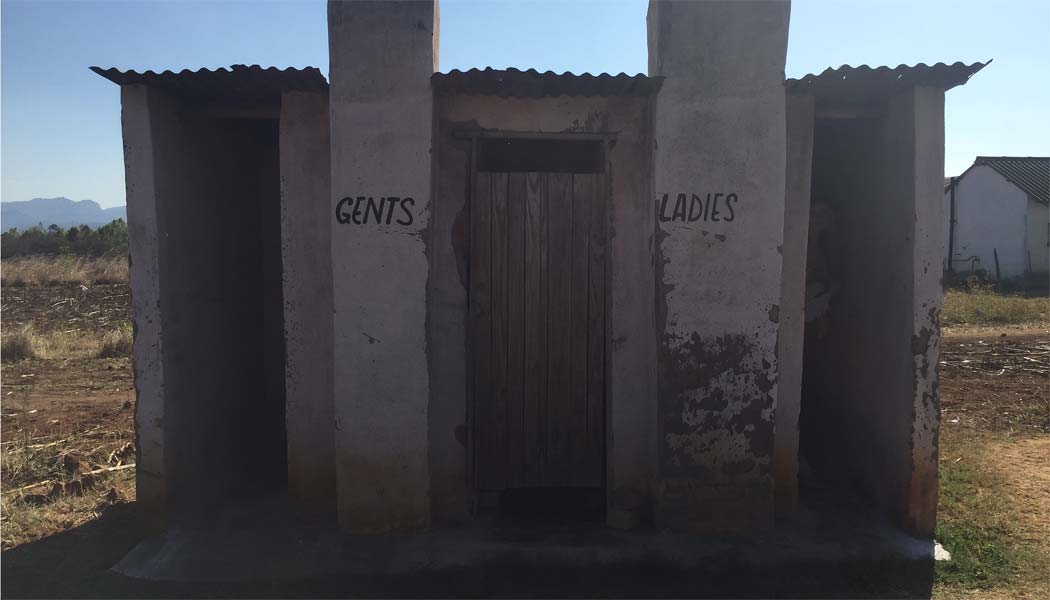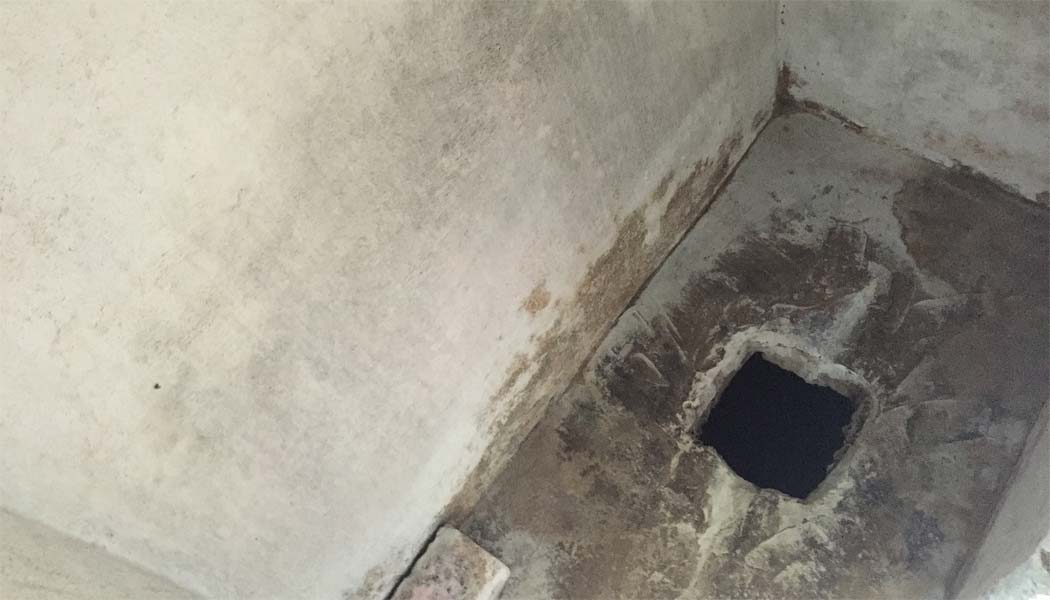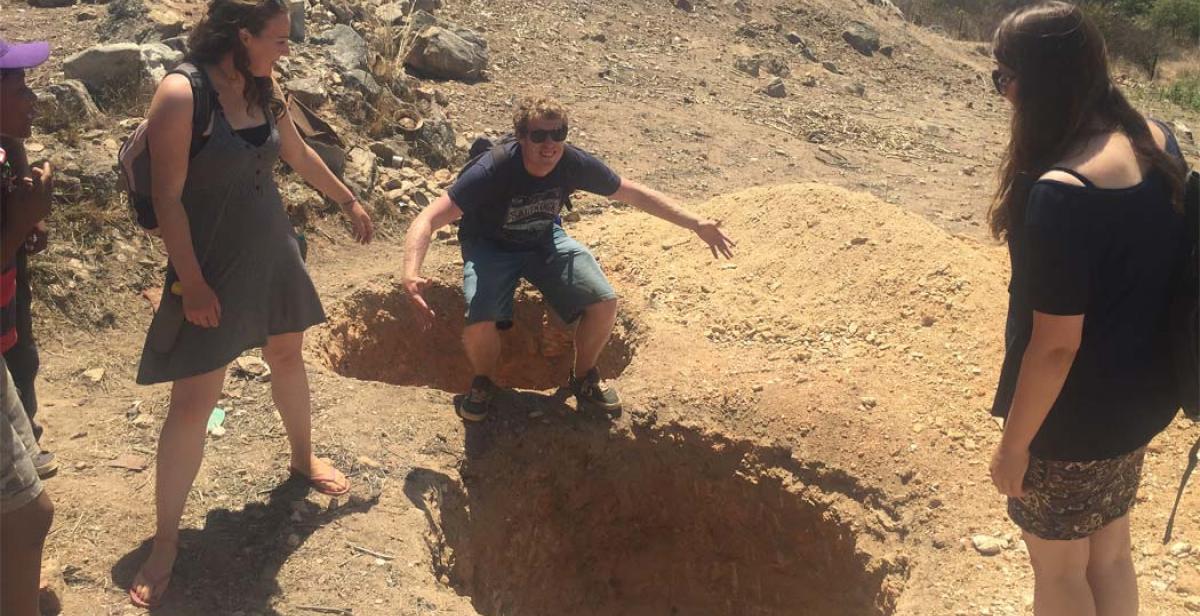Pooing. Never a subject many are eager to discuss, but here at Team DOMCCP, we love faecal discussion. It’s especially important on today of all days that we get talking about sanitation. Why? Because today is World Toilet Day!
Globally, one billion people have no formal, hygienic place to go to the toilet. In a Zimbabwean context, access to good sanitation is a huge issue. According to UN statistics, 40% of people in rural areas in Zimbabwe practise open defecation.
We in Team DOMCCP are operating in a rural area, 50km north of Mutare, which has, in the past, been hit by outbreaks of cholera due to poor sanitation. In recognition of this, our 13 sessions taking place this week around the district have focussed on hygiene, sanitation, and good waste management. Communicating simple knowledge such as efficient and effective hand-washing, and the correct practices if one is forced to use a bush to defecate, can make a huge impact in halting the spread of disease and improving general levels of health security.

In terms of the sanitation facilities that do exist in Mutasa, many households, including the majority of the host homes in which the UK volunteers live, have Blair latrines (also known as squat toilets). These are usually brick or concrete structures, built over a deep hole; users squat over a smaller hole and do their business. What is great about these latrines is that they require no contact between the user and the toilet, thus making them extremely hygienic so long as the structures themselves are maintained.

We have even witnessed the construction of brand new Blair latrines around the district (see the photo above), while the school where our team office is based has whole blocks of latrines, daisy-chained together above one huge pit! Many latrines we have seen around the community are accompanied by an ingenious pully-system based tap, where a plastic bottle is filled with water and can be tipped by a rope using your foot – again, no contact!

The increasing and ongoing use of the Blair latrines, combined with local communities who are knowledgeable about sanitation and hygiene, can mean that cholera or typhoid outbreaks are things of the past! We hope our work this week, coinciding with World Toilet Day, can go some way to helping Mutasa district achieve this. And yes, it’s a crappy topic, but the more we talk about it, the better sanitation standards can become!
Written by ICS Team DOMCCP



